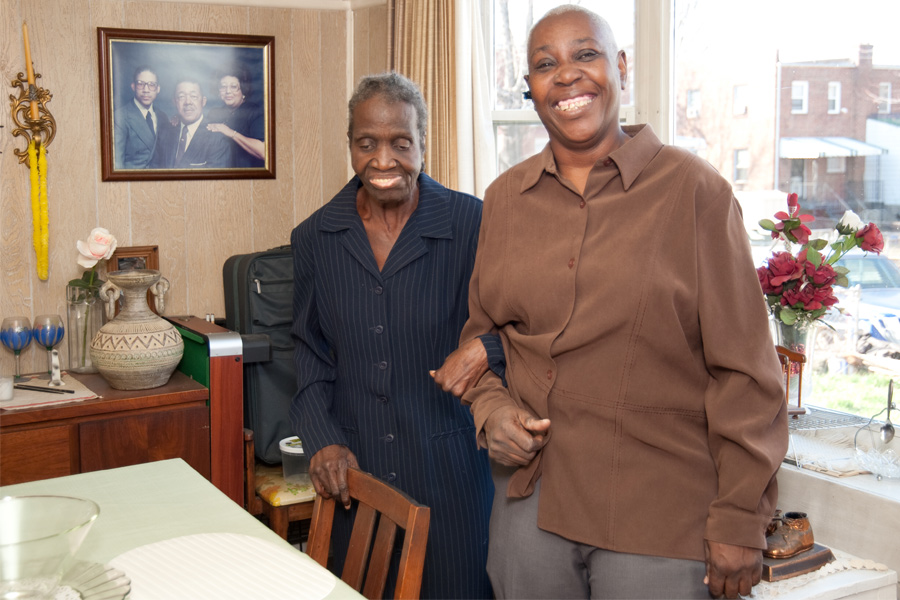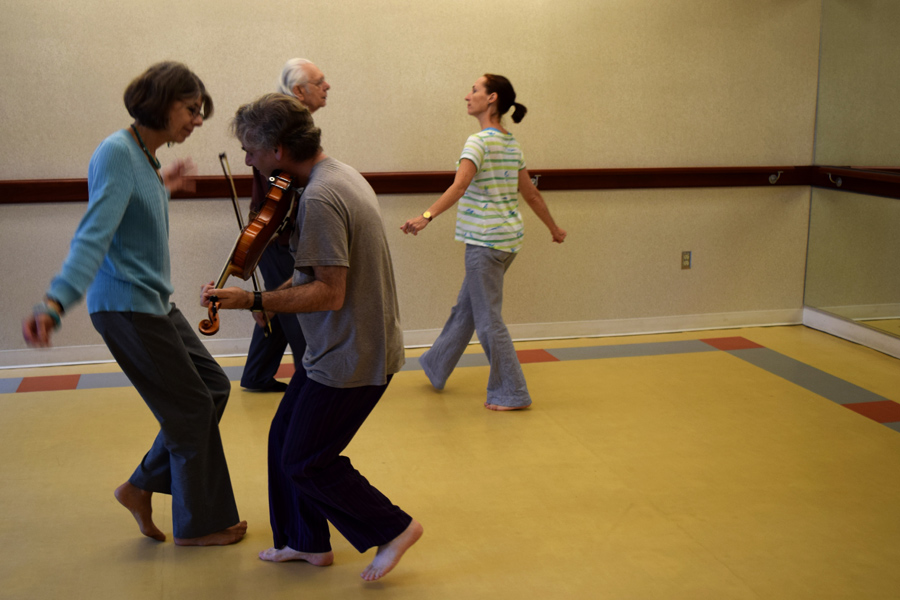What safeguards are in place for guardianship in DC?


Last October, The New Yorker published a truly terrifying read, “How the Elderly Lose Their Rights.” The article outlines how a legal guardian in Nevada sold assets and controlled the lives of older adults without their consent, and even reaped a profit from it.
After reading the piece, staff members at Iona had a number of reactions. Disbelief. Anger. Horror. And surprise.
That’s because this kind of financial exploitation with guardians would be nearly impossible to occur in the District for older adults.
In DC, guardians and conservators are defined as:
- A guardian is responsible for managing a person’s healthcare, living situation, medical care, shelter, and hygiene. In the District, a guardian may manage small amounts of an individual’s income, like Social Security or Supplemental Security Income. The income could not include any property or assets.
- A conservator is charged with managing a person’s finances, including property, savings accounts, and investments. A conservator needs to be bonded (insured) to cover the individual’s complete assets.
In order for an individual to have a guardian or conservator appointed, they must meet the following criteria:
- Have limited functional capacity. This includes their ability to manage their healthcare, finances (like benefits, income, or properties), housing, and living situation. It also refers to someone’s ability to provide personal hygiene care without serious physical injury.
- Be unable to effectively receive, evaluate, and follow-up on information to communicate decisions. For example, when meeting with a doctor, could the person discuss their challenges, understand and interpret the doctor’s recommendations, and follow-up on next steps in their care treatment?
Additionally, DC has many checks and safeguards in place throughout the entire guardianship process to ensure the least restrictive measures are taken.
Here at Iona, our case managers work hard to find alternatives and solutions in order to help our older neighbors live as independently as possible. Before considering guardianship or conservatorship, case managers work to:
- Put services in place to help older adults live safely and independently
- Explore care options with support from family or friends
That said, sometimes it becomes clear that an older adult can no longer live safely at home because of cognitive or functional incapacity, and needs support. In that case, their case manager follows these steps:
- First, they will discuss the situation with the Protective Arrangements Evaluation Panel, a multidisciplinary panel composed of licensed social workers, community case managers, adult protective services representatives, lawyers, and other health care professionals. Together, the panel hears the case and discusses all alternative options. A consensus is needed from the panel in order to move forward with a petition for guardianship or conservator.
- With the Panel’s approval, and with legal representation, the case manager files a petition in probate court for either guardianship or conservatorship (or both).
- At this point, the judge appoints an examiner, visitor, and attorney for the older adult. The examiner evaluates the older adult’s functional and cognitive capacities. The visitor addresses the appropriateness of the older adult’s overall living situation. The visitor also addresses the older adult’s relationships, and whether a proposed family member or friend is appropriate to take on the guardian or conservator role. Both the examiner and the visitor interview the older adult, and the people in their life (like children, friends, and medical professionals). They also review medical records. Based on all of these factors, they make a recommendation to the court. At the same time, the attorney is required to zealously represent the older adult’s interests, including whether they consent to a guardian or conservator.
- Additionally, unlike in the case outlined in The New Yorker, the older adult and any interested parties (like their case manager, family members, friends, neighbors, or medical professionals) receive a copy of the petition in-writing. They are also notified of the court date and are encouraged to attend.
- Finally, after the notifications and interviews, the court hearing occurs. There, the judge makes a decision. If they don’t have enough information, the judge may also request additional hearings. The older adult’s presence is required. However, should they have medical or other circumstances that prevent them from attending, they may be excused.
In addition to these checks and safeguards, the District’s Guardianship Assistance Program provides oversight, feedback, and a formal complaint procedure for the entire process, as well as on specific court-appointed guardians or conservators. You can contact them at (202) 879-9407.
Related Articles

The Stories of Dementia in the District

A Couple’s Vows Create Opportunities to Age Well

Can You Imagine Taking Three Buses to Get to Iona?

